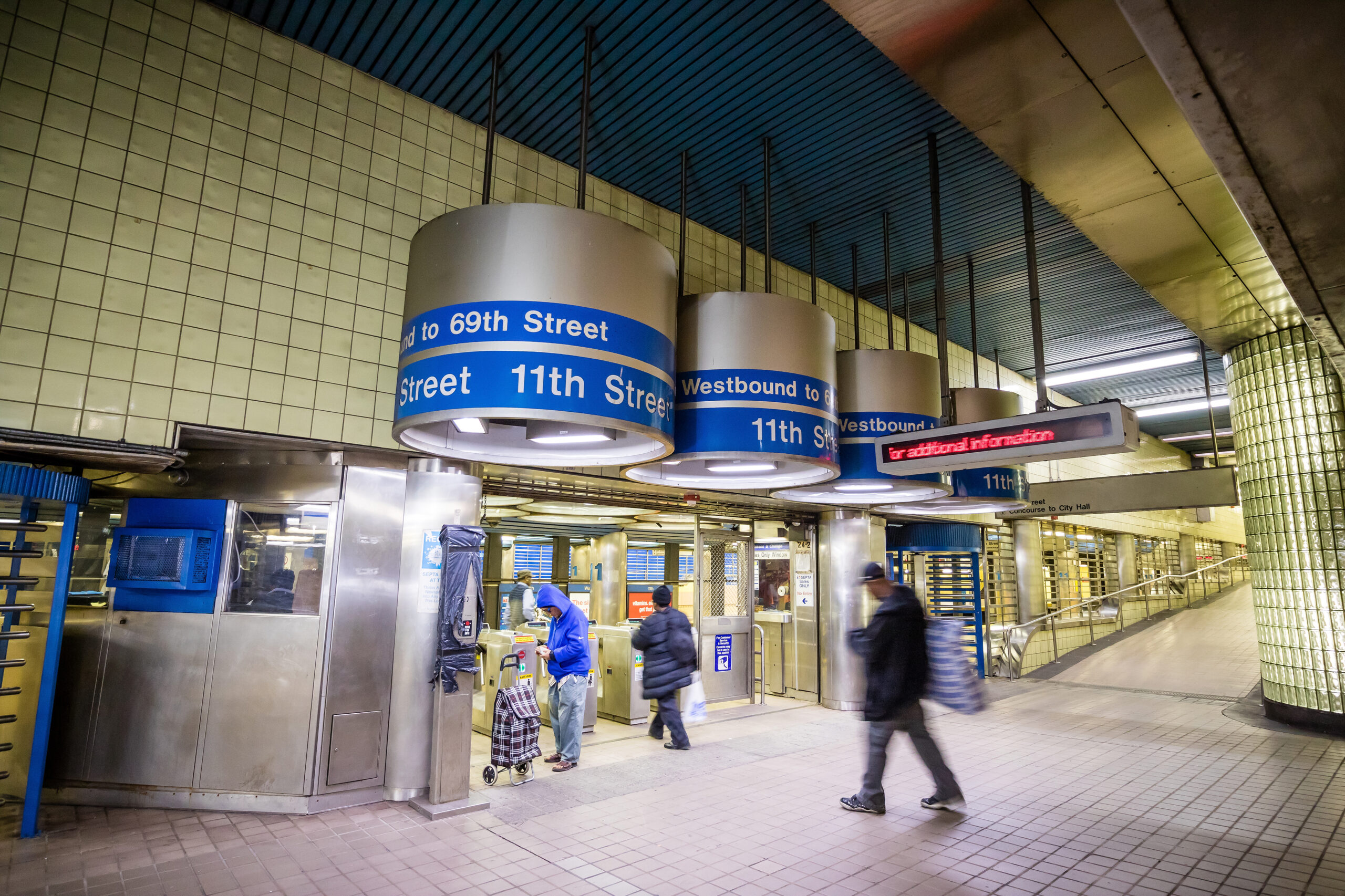The Southeastern Pennsylvania Transportation Authority (SEPTA) is made up of 14 different bargaining units, almost all of which have contracts up for negotiation in 2023 or early 2024.
The number of paid riders using SEPTA has decreased in recent years, and the authority anticipates a deficit of $240 million dollars next year. The financial uncertainty could mean increased tension during negotiations.
SEPTA has recently pushed to have additional funds allocated to the Public Transportation Trust Fund. CEO Leslie S. Richards explained that they need additional funds to support their employees.
“We need to invest in our people,” Richards said. “We really need this budget relief to know that we have a solid [base] for years so that we can give our best contract to those who make our system work.”
Considered “one of the most strike-prone large transit systems in the country,” SEPTA may face difficult negotiations and the potential for strikes due to the fund restrictions. Further complicating the issue is the sheer number of collective bargaining agreements that must be negotiated.
“SEPTA is committed to continuing good-faith discussions toward reaching agreements that are fair to employees and fiscally responsible to farepayers and taxpayers,” SEPTA spokesperson Andrew Busch said.
While each unit will bargain over individual issues, most will tackle issues related to worker shortages, pay increases, and hazard pay.
